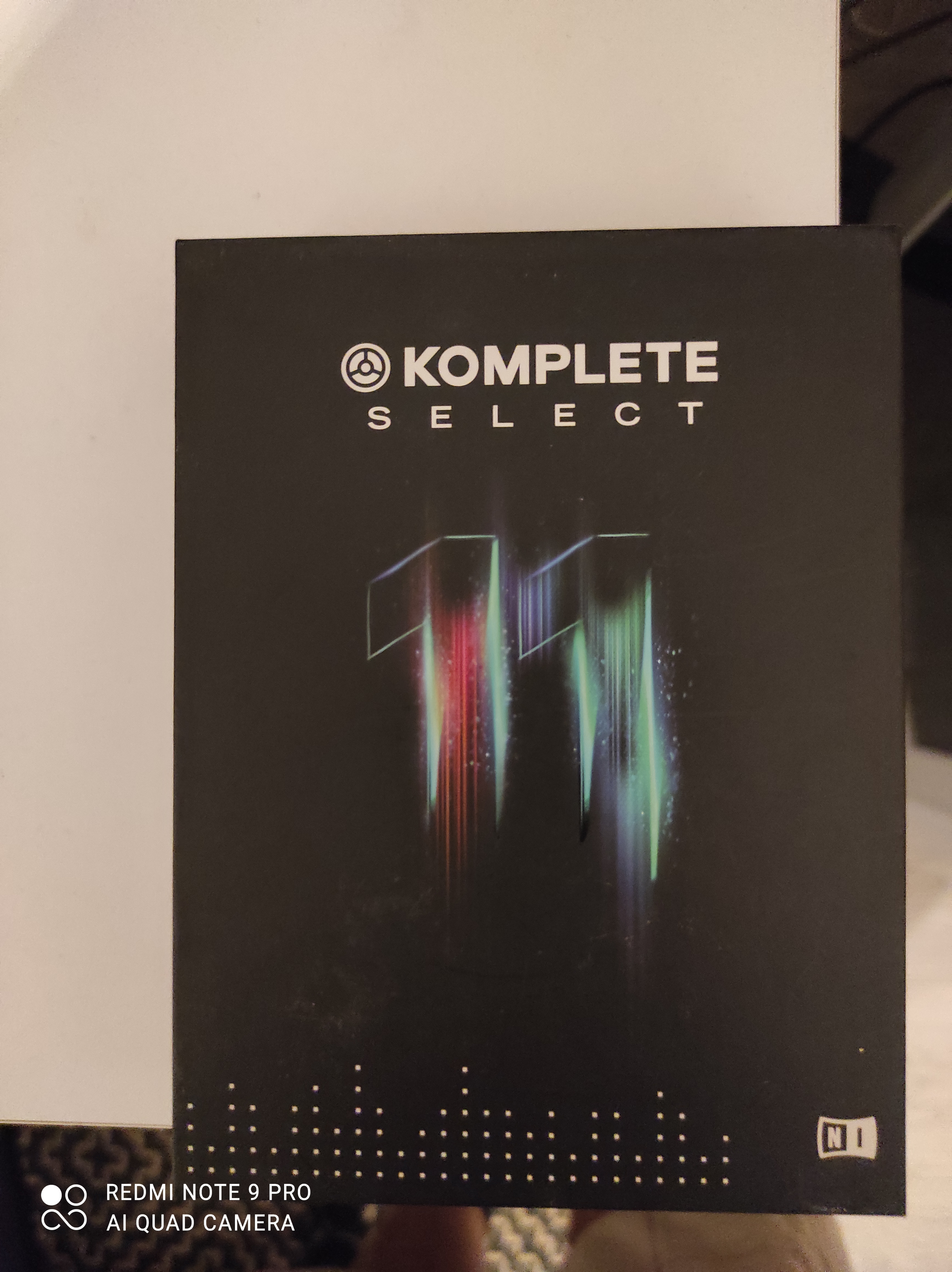

65) as Electra recognizes the lock of her brother’s hair. Aeschylus, for example, has a form of ὅδε, two forms of ἐκεῖνος, and the adverb δεῦρο within three lines ( Cho. Should translators retain all the uses of “this” and “that,” and, if so, how might they preserve the contrast among the several demonstratives available in Greek? W.’s chapter 4, “Translating the Mask: the Non-Verbal Language,” considers possible solutions, analyzing in detail the recognition scenes from the Electra plays. Modern playwrights generally put such information into stage directions. Because ancient Greek performance was in masks, the language of the plays often makes explicit a character’s reaction (as other characters call attention to it) or even the direction in which a character is looking (with deictic pronouns and so on). Translators also normally include stage directions, at least marking entrances and exits, sometimes also giving elaborate indications of setting and stage action. 130-131, specifically citing “ Murray, at his most quaint”) while it is not until the middle of the twentieth century that the word “sex” appears in the passage. 569-575), some translators “seem to have opted for something so tortuous that the sense disappears” (p. Translators are also restricted by the cultural norms of their own day, as they perceive them, so that, for example, when Jason in Medea refers to women’s sexual satisfaction and jealousy (l. Not all of them handled these constraints gracefully. Eighteenth- and nineteenth-century translators often chose metered verse, sometimes with rhyme added in lyric passages. From these extended comparisons we get a good sense of the evolution of style. Much of the book discusses specific translations, often juxtaposing several versions of the same passage. reminds us frequently that performance itself is a type of translation indeed, when the tragedies of Aeschylus, Sophocles, or Euripides were revived in the fourth century B.C., they were already being “translated” even though the words themselves need not have changed (p. In other words, the tension between foreignizing and domesticating translation is at least as important in the theater as it is for translating novels or poetry the costumes, sets, and style of acting can also be either like those of the audience or like those of the (audience’s or director’s ideas of the) ancient Greeks. Other theorists, particularly some more recent ones, argue for versions that bring the play into the language and culture of the audience. Tytler seemed uncomfortable with what he perceived as excessive modernization, for example in a contemporary version of Plautus’ Amphitruo in which characters speak the London argot of the day. 14, quoting Tytler) as well as a style that is both similar in character to the original and as graceful as an original work in the target language. Tytler’s “rules” call for “a complete transcript of the ideas of the original work” (p. 14), are enunciated by Alexander Fraser Tytler, Lord Woodhouselee, in 1790. “The first systematic exploration of the principles behind translation,” he says (p. W.’s opening chapter sets out the theoretical background, assessing various theories of translation from the 18th century to the present.

6) He devotes individual chapters to Agamemnon and Oedipus the King, and gives another chapter to Medea and Alcestis, considered together Old and New Comedy are taken together in two more chapters. focuses on “the special nature of dramatic translation, the differences between tragedy and comedy, and the variety of plays which claim to be ‘versions’ or ‘adaptations.'” (p. He includes both tragedy and comedy, and in his appendix even lists translations of the mimes of Herondas (though these do not figure in the study itself). In this rich, exciting book, Walton (henceforth W.) considers the history of translations of Greek drama into English.

The text also has to leave enough scope for the director and actors to make a play out of it: while the translator of a book text controls everything the reader will see on the page, the translator of a stage text only provides the starting point for fashioning what will be seen and heard on the stage. The performance text has to make sense on its own, without recourse to footnotes, and it has to work for its immediate audience, without necessarily claiming to have the “timelessness” of the canonical original. But translating for performance is not quite the same thing as translating for readers. What does it take to bring Greek drama to life on the stage? For a modern Anglophone audience, the first necessity is an English text.


 0 kommentar(er)
0 kommentar(er)
